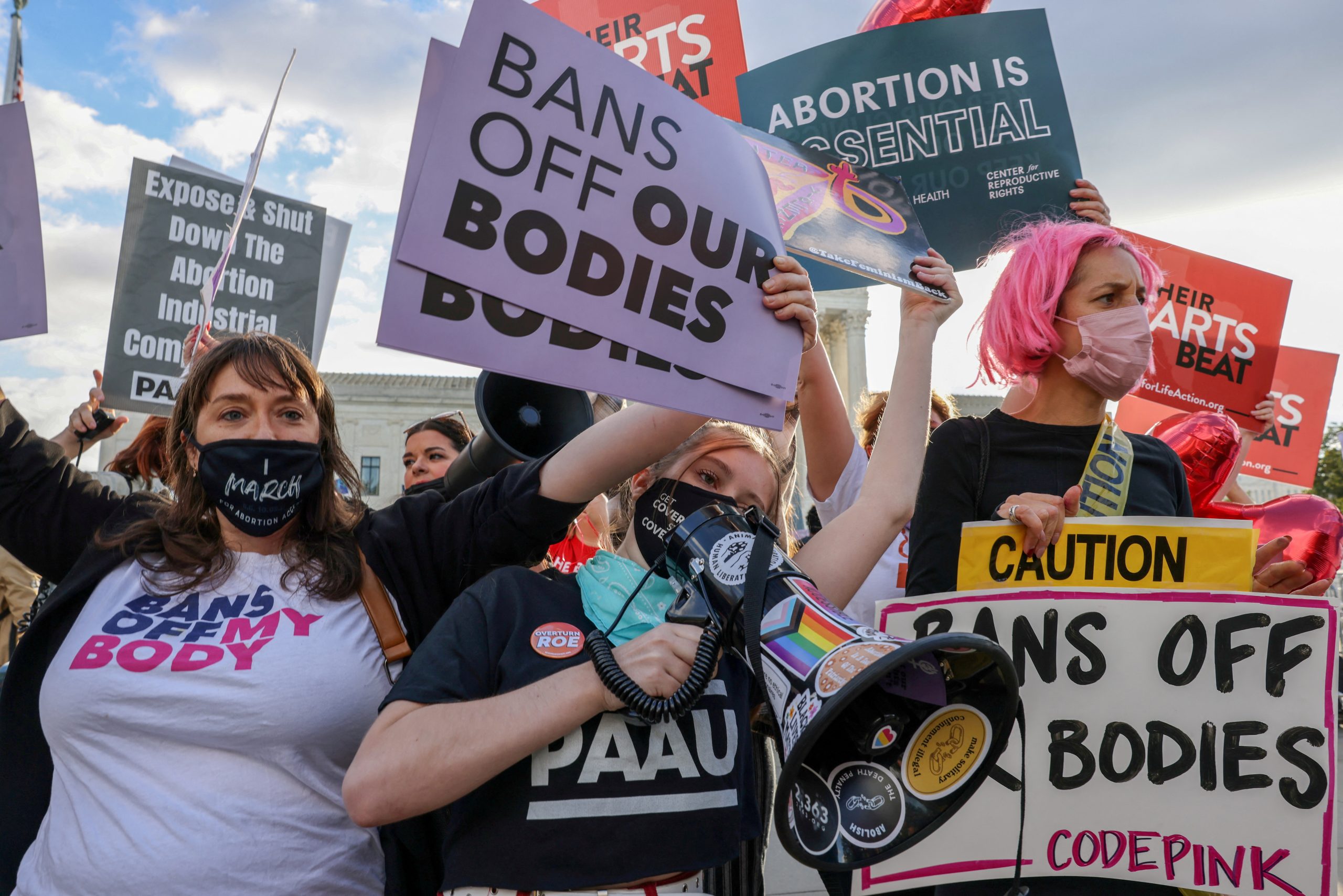
Lauren Moye, FISM News
[elfsight_social_share_buttons id=”1″]
A near-total abortion ban is stalled out in West Virginia after Republicans in the Senate and the House of Delegates disagreed on crucial amendments. However, the passage of the bill through the state Senate inches the state closer to being the first to enact new restrictions on abortion since Supreme Court justices overturned Roe v. Wade back in June.
The West Virginia State Senate passed H.B. 302 by a 21-10 vote late Friday evening, which had already been voted through in the House of Representatives. However, the Senate voted to strip imprisonment of doctors who illegally perform an abortion, which sent the bill back to the House.
This amendment reads: “A licensed medical professional who violates this code is considered to have acted outside the scope of practice permitted by law or otherwise in breach of the standard of care owed to a patient and is subject to discipline from the applicable licensure board for that conduct, including but not limited to loss of professional license to practice.”
If approved by the house, it would eliminate a three-to-ten-year prison sentence for medical providers who violate the abortion ban.
Another senate-approved amendment involves the wording of the law around the rape and incest abortion exceptions. The House version of the bill allowed up to 14 weeks for abortion in these cases, as long as a report was made to law enforcement. Women in this category would also have to undergo a medical examination to determine the gestational week of the fetus.
The Senate voted to lower the limit from 14 to 8 weeks unless the victim was a minor. In that case, the bill would still allow up to 14 weeks. The Senate also added that minors could report the pregnancy to a mandatory child abuse reporter rather than directly to law enforcement.
The representatives declined to accept the changes that night. However, the chair has not yet announced a time to reconvene. This leaves the bill stalled until a later time. The bill will go before Governor Jim Justice when both the delegates and senators agree on amendments.
Justice called the lawmakers into a special session “to clarify and modernize” West Virginia’s abortion laws.
The Mountain State had a pre-existing law criminalizing abortion before Roe usurped states’ authority to regulate and ban abortion. H.B. 302 seeks to repeal that law.
Outside of the rape and incest exceptions, the bill also allows exceptions for non-viable fetuses, ectopic pregnancies, and medical emergencies. All other abortions would be prohibited.
Legislators included that miscarriages, stillbirths, in vitro fertilization, and accidental medical-induced deaths of a fetus would not count as an abortion.
